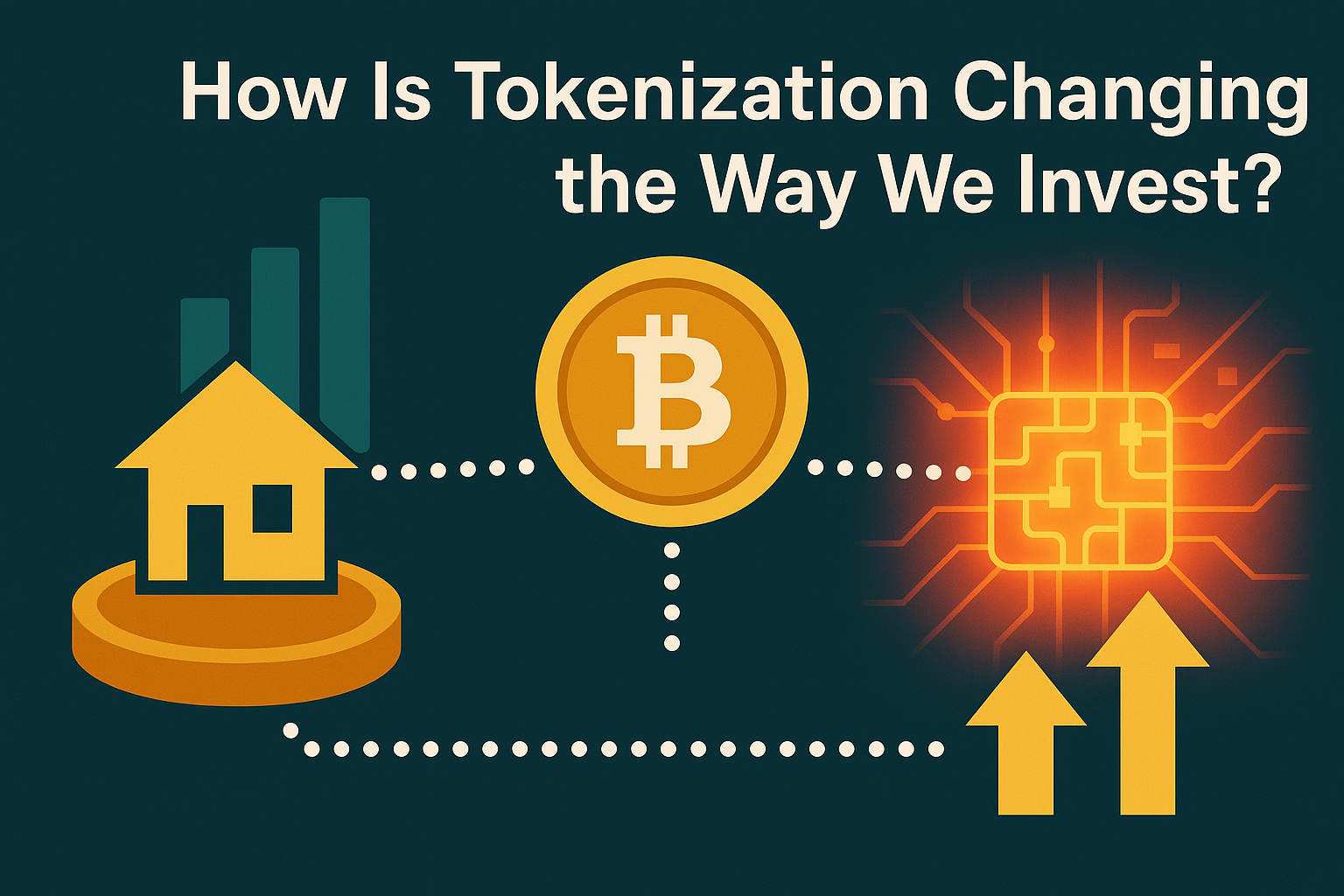The world of investing is undergoing a digital transformation—and tokenization is at the heart of it. By converting real-world assets into blockchain-based digital tokens, tokenization is breaking down barriers, enhancing accessibility, and reshaping the investment landscape as we know it.
What Is Tokenization?
Tokenization is the process of representing ownership rights of real-world assets—such as real estate, art, stocks, commodities, or even collectibles—as digital tokens on a blockchain. Each token acts as a tradable unit that reflects a share in the underlying asset.
These tokens can be fractional, transparent, and instantly transferable, offering a radically more flexible and inclusive way to invest.
Bridging the Gap Between Physical and Digital
Traditional investment assets are often illiquid, expensive, and bound by regional restrictions. Tokenization removes many of these limitations:
- Fractional Ownership: Investors can own small portions of high-value assets. Want to invest in a $5 million office building? Tokenization allows you to do that with just a few hundred dollars.
- Global Access: Blockchain knows no borders. Tokenized assets can be accessed and traded worldwide, opening doors to a truly global investor base.
- Faster Settlement: Smart contracts automate transactions, reducing settlement time from days to minutes.
- Greater Transparency: Blockchain’s immutable ledger ensures that every transaction is recorded, auditable, and traceable.
Real-World Use Cases
- Real Estate: Platforms are offering tokenized shares of residential and commercial properties with rental income distributed to token holders.
- Fine Art: Masterpieces that were once only available to ultra-wealthy collectors can now be owned fractionally by anyone.
- Private Equity: Tokenization is enabling fractional shares of private startups, previously limited to venture capitalists.
The Investor’s New Toolbox
For investors, tokenization means more than just innovation—it’s empowerment. Lower barriers to entry, enhanced liquidity, and the ability to diversify into previously inaccessible markets are creating opportunities for both retail and institutional investors alike.
Challenges Ahead
While the potential is massive, tokenization also comes with challenges:
- Regulation: Legal clarity is still developing across different jurisdictions.
- Security: As with any digital asset, protecting tokenized investments requires robust cybersecurity measures.
- Market Maturity: Many tokenized investment platforms are still in early stages, and liquidity can be limited.
Tokenization is not just a trend—it’s a paradigm shift. It’s redefining what it means to invest by blending the reliability of real-world assets with the efficiency of blockchain technology. As regulatory clarity improves and platforms mature, tokenized assets may soon become a standard part of every investor’s portfolio.




